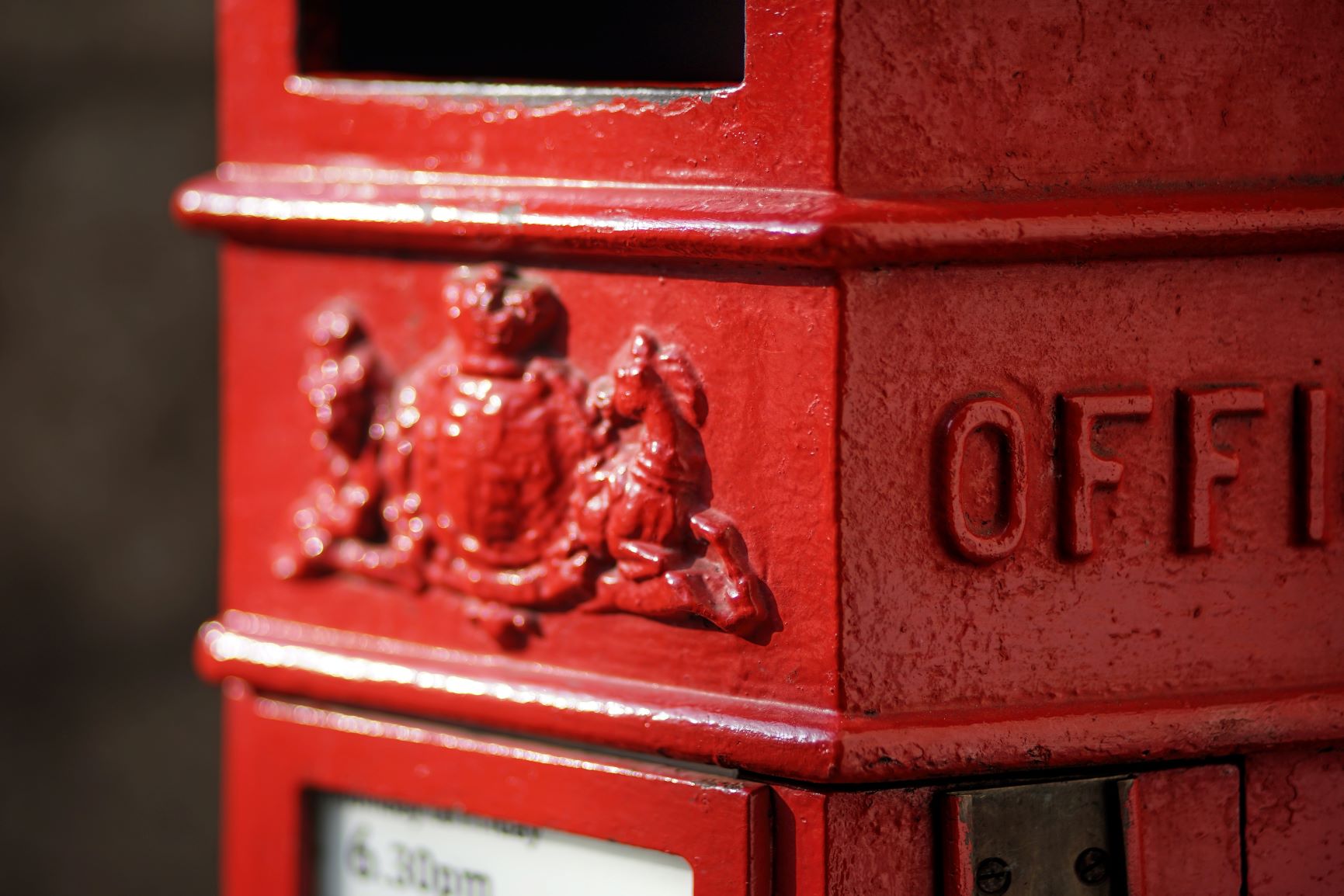
The UK Government is paying £15.75 million for a licence renewal granting them wider access to Royal Mail datasets.
The IP licence has been extended by three years and broadened to include access to Multiple Residence and Not Yet Built datasets, as well as the Postcode Address File (PAF) — a repository of all known UK addresses.
The Government has had access to UK addresses via the PAF since 2014. However, this licence is now to include information on Multiple Residence (MR) and Not Yet Built (NYB) houses for the first time.
The PAF has been widely used across the public sector since its introduction in 2014. The licence was extended a further three times in 2017, 2018 and 2019, and was due for another extension on March 31. This licence has now been extended for a full three-year period.
Read This! UK Government To Spend £250 Million Creating a National Artificial Intelligence Lab
Access to MR and NYB datasets as well as the PAF means that the Government can identify the addresses of properties, and their residents, that are in their planning stages as well as those who live in apartment blocks and warehouses, as well as all other addresses listed on the PAF.
The contract was described as an agreement for the use of the Royal Mail’s intellectual property:
“The contracting authority has entered into an agreement with Royal Mail Group Ltd under which Royal Mail will continue to grant a licence to public sector bodies in England and Wales for the use of their intellectual property contained in their postcode address file (PAF), multiple residence (MR), and Not Yet Built (NYB) datasets”.
Public sector users of PAF include local authorities and emergency services providers. Commercial organisations can also by licenses for the datasets.
Data Gathering to Stop COVID-19
The UK Government has been gathering large amounts of data on UK residents in the name of protecting them from COVID-19.
In conjunction with AI company Faculty and Big data analytics firm Palantir the Government has scrutinised data sets including details of calls to the non-emergency 111 NHS helpline which includes peoples’ gender, symptoms and the precise time they ended the call, as reported by the Guardian.
The Government was criticised last week by privacy watchdog Privacy International for the first draft of their COVID-19 track and trace app, for ethical issues with gathering personal data in a centralised database, as well as woolly legislation around use of location data, which would grant the Government detailed knowledge of UK residents’ whereabouts.
While the moves have proven controversial, they arguably pale into insignificance when compared to the steps taken by countries such as South Korea which have proven significantly more successful than the UK at keeping COVID-19 deaths down.
Don’t Leave Before You’ve Read This! What Organisations Need to Understand About Their Technology Providers






